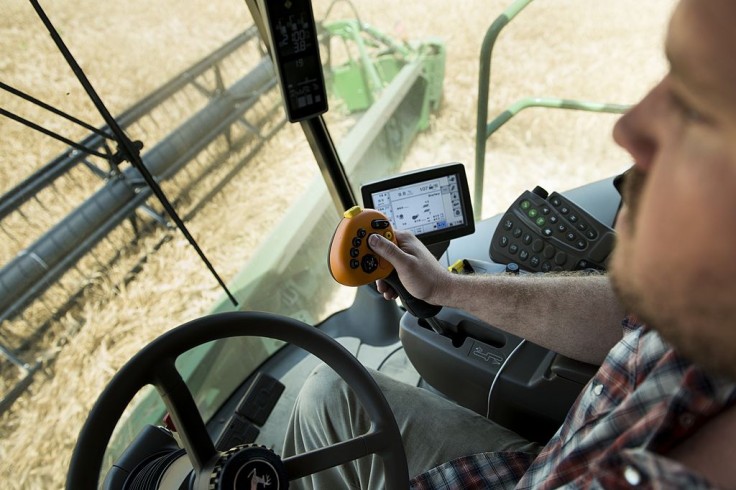The global food supply chain could be at risk of getting hacked by cybercriminals.
A study from the University of Cambridge (CU) mentioned that smart farming machinery, such as self-driving tractors and combine harvesters, could be rendered useless by hackers and cybercriminals, putting the global supply chain hostage.
The CU study was released on February 23, but it has recently gained traction due to a BBC article.

University of Cambridge Smart Farming Machinery Exploit Details
According to the study from CU, a risk analysis published in the journal Nature Machine Intelligence warns that the future use of AI in agriculture may come with a substantial risk for farms, farmers, and food security that are "poorly understood and under-appreciated."
Dr. Asaf Tazchor from the CU's Center for the Study of Existential Risk said that the idea of intelligent machines running farms is not science fiction, as it is already happening in some parts of the world thanks to large companies.
However, he noted that nobody has asked the question, "Are there any risks associated with a rapid deployment of agricultural AI?"
Dr. Tazchor is the chief author of the previously mentioned risk analysis.
In their research, Dr. Tazchor and his team found that cyberattackers could cause disruptions to commercial farms using smart farm machinery by poisoning datasets or by shutting down sprayers, autonomous drones, and robotic harvesters.
Read More : Android 13's Refreshable Braille Display Support is Arriving on Its Beta — Here's How It Works
Chris Chavasse, co-founder of Muddy Machines, a company dedicated to building farm robots for the agriculture industry, said that the threat of people taking control of smart farm machinery is real. He also said that these people or cyber attackers might do so "to get them to do whatever [the hackers] want, or just prevent [commercial farms] from operating."
You may remember the Lapsus$ ransomware hacks earlier this year, in which the group held significant, important, and potentially sensitive data from the companies they hacked hostage.
To get the data back, the companies the group hacked either have to pay a significant sum of money as ransom or do something for the group, as in the case involving NVIDIA.
Another example of a large-scale hack came in the form of the Russia-based Conti ransomware group, which threatened to overthrow the Costa Rican government through the use of cyberattacks within and without the country.
Are We Ready?
"White hat hackers" or hackers that help uncover any security failings during the development phase of an AI intended for a piece of smart farm machinery, could solve this problem.
How? They can help develop systems that are impervious to real hackers.
However, a sick-styled ethical hacker, who goes by the name Sick Codes, believes it is only a matter of time before a sophisticated hacker finds "critical vulnerabilities" and causes major disruptions to an already vulnerable food supply chain.
"That's what we're trying to prevent - stalling something during the most important times, particularly seeding or harvesting," Sick Codes said. "If you can't move your tractor during that time, or if you can't pick or take the crop out of the ground, you can imagine what happens. It just stops, the whole thing."
Thankfully, the FBI and National Farmers Union have been warned about the risks posed by cyberattackers against smart farm machinery, per the U.K.'s National Cyber Security Centre.
Related Article : Conti Ransomware Gang May Be Dead, But It Spawned Smaller Operations









